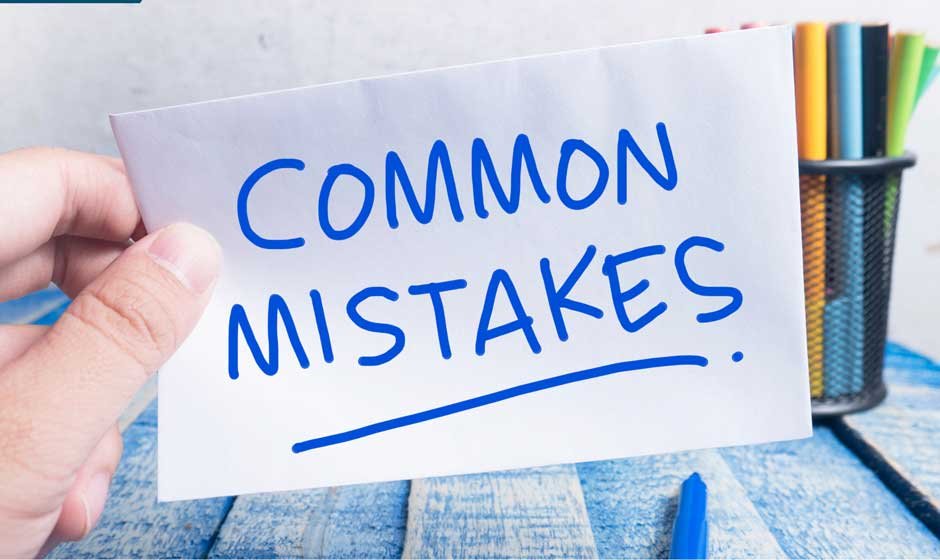When was the last time you checked your credit report? For many people it’s something they only think about when they’re planning to buy a house or apply for a big loan. But your credit report is like a financial report card that follows you around every day whether you look at it or not.
Mistakes on your credit report aren’t as rare as you might think. In fact they happen more often than most people realize. Wrong balances accounts that don’t belong to you and even incorrect payment statuses can show up and hurt your credit score. This can make it harder to get approved for loans and even affect your chances at getting good insurance rates or renting an apartment.
Some people turn to credit card debt relief strategies to help lower their balances and improve their credit. But if errors are dragging your score down you’ll want to address those first. Disputing mistakes can help you fix your report and improve your financial health. But here’s the thing — many people make small but important mistakes when they try to dispute these errors.
Skipping the Details
One of the most common mistakes is not being detailed enough when explaining the problem. Many people just write something like “This account is wrong” or “This balance is incorrect” without giving any proof.
When you file a dispute you need to be as clear and specific as possible. Explain exactly what’s wrong include dates amounts and any supporting documents you have. For example if you already paid off a balance but it’s still showing as unpaid include a copy of your statement showing the payment or a letter from your creditor confirming it.
The more evidence you provide the stronger your case will be. Think of it like defending yourself in a game — you wouldn’t just say “I didn’t do it” without showing why you’re innocent.
Only Contacting the Credit Bureau
Another mistake is only sending your dispute to the credit bureau and not also contacting the company that reported the mistake in the first place. The credit bureau will investigate but the lender or creditor is the one that actually owns the information.
If you contact the creditor directly at the same time you might get the issue fixed faster. Plus it shows you’re serious and proactive about clearing up your credit history.
Not Following Up
A lot of people assume that once they send a dispute letter their job is done. But that’s not the case. It’s important to follow up and make sure your dispute is actually reviewed and resolved.
Check your mail and email for responses. The credit bureau usually has 30 days to investigate and respond. If they ask for more information make sure to send it quickly.
When the investigation is complete you should receive a copy of the updated credit report. Review it to make sure the error was actually corrected. If it wasn’t you may need to dispute it again or provide more evidence.
Disputing Online Without Keeping Records
Online disputes are convenient but they come with a big risk — it’s easy to forget to keep a record of what you submitted. When you dispute online always take screenshots and save copies of any letters or files you send.
If the dispute doesn’t go your way or if you need to escalate it later these records will be your backup. You’ll want to be able to show exactly what you submitted and when.
Assuming All Errors Hurt You
Not every error on your credit report will hurt your score. In some cases fixing an error might actually lower your score if it was accidentally helping you.
For example if an account was mistakenly reported as paid off when it wasn’t correcting it might actually drop your score. This is why it’s important to review each detail carefully before disputing. You should always aim for accuracy rather than just trying to boost your score at any cost.
Forgetting to Freeze Your Credit
When you’re working through a dispute process it can also be smart to freeze your credit to avoid new accounts being fraudulently opened in your name.
A credit freeze won’t affect your existing accounts but it blocks new credit inquiries which can protect you while you’re fixing any errors. Once your report is corrected you can lift the freeze and continue as normal.
Final Thoughts
Disputing errors on your credit report can feel like a hassle but it’s one of the best things you can do to protect your financial future. By avoiding common mistakes like skipping details only contacting the bureau not following up or failing to keep records you’ll increase your chances of a successful correction.
Remember credit card debt relief might help lower your balances but it won’t fix errors on your report. Keeping your credit file accurate is just as important as paying off your debt when it comes to building a healthy financial life.
So take a little time this week to look over your credit report carefully. If you spot something wrong be prepared to handle it with patience and precision. Future you will thank you for it.













